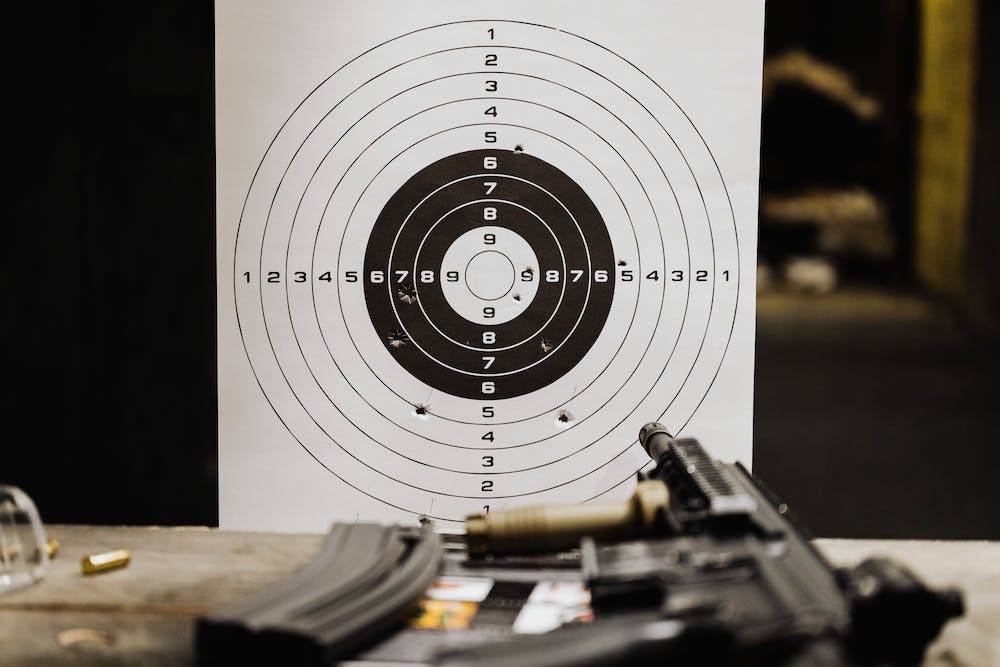Understanding Firearms Ownership in England: Legal Requirements, Restrictions, and Responsibilities

Understanding Firearms Ownership in England: Legal Requirements, Restrictions, and Responsibilities
Firearms ownership in England is a topic surrounded by stringent laws and regulations. Unlike some other countries where gun ownership is a broadly recognised right, in England, it is a privilege subject to strict controls.
This article delves into the legal framework governing firearms ownership, the process of obtaining a licence, and the responsibilities that come with owning a gun in England.
Legal Framework for Firearms Ownership

The primary legislation governing the use and possession of firearms in England is the Firearms Act 1968, along with its subsequent amendments. These laws establish the criteria for who can own a firearm and the types of firearms that are permissible.
Types of Firearms and Licensing
- Shotguns and Rifles: Ownership of shotguns and rifles for purposes like sport shooting and hunting is allowed, but it requires a licence.
- Handguns: The ownership of handguns is heavily restricted. The Firearms (Amendment) Act 1997 largely banned private ownership of handguns following the Dunblane massacre.
- Prohibited Firearms: Certain types of firearms, including automatic firearms and some semi-automatic rifles, are prohibited.
Obtaining a Firearms Licence
- Application Process: To own a firearm, one must apply for a licence through their local police force. This involves completing an application form and providing personal references.
- Background Checks: The police conduct thorough background checks, including criminal record checks, and may interview the applicant and the provided referees.
- Demonstrating Need: Applicants must demonstrate a valid reason for owning a firearm, such as sport shooting, hunting, or occupational requirements.
- Safety Assessments: Applicants must prove that they have secure storage for the firearm and may be required to demonstrate knowledge of safe handling and use.
Responsibilities of Gun Owners

- Secure Storage: Firearms must be stored securely to prevent unauthorised access, typically in a police-approved gun safe.
- Reporting Requirements: Lost or stolen firearms must be reported to the police immediately.
- Renewal and Inspection: Firearm licences require periodic renewal, and gun owners may be subject to inspections to ensure compliance with storage and safety regulations.
Restrictions and Prohibitions
- Age Restrictions: Applicants for a firearms licence must be over the age of 18.
- Disqualifications: Certain criminal convictions can disqualify an individual from obtaining a firearms licence.
Consequences of Non-Compliance
Failure to comply with firearms laws in England can result in criminal charges, imprisonment, fines, and the revocation of the firearms licence.
The Importance of Legal Advice
- Navigating the Application Process: Legal advice can be invaluable in navigating the complex application process for a firearms licence.
- Understanding Legal Obligations: A solicitor can help clarify the legal obligations and responsibilities of firearms ownership.
- Representation in Legal Matters: If facing legal issues related to firearms ownership, professional legal representation is crucial.
Conclusion: Understanding Firearms Ownership in England

Owning a gun in England is subject to rigorous legal controls designed to ensure public safety. The process of obtaining and maintaining a firearms licence is comprehensive, reflecting the seriousness with which firearms are regarded.
Understanding and adhering to these laws is essential for anyone wishing to own a firearm in England. Given the complexities and potential legal implications, seeking expert legal advice is advisable for prospective and current firearms owners.
Notice: Informational Content Disclaimer
The content provided on this website, including articles, blog posts, and other informational materials, is intended for general informational purposes only. It is not intended as, and should not be considered, legal advice.
Visitors to this website should be aware that the information presented here is not a substitute for seeking legal advice from a qualified solicitor or legal professional. Each individual's legal situation is unique, and the information provided may not be applicable to specific circumstances.
If you require legal advice or have specific legal questions, we encourage you to contact us directly. Our experienced team of solicitors is here to assist you with your legal needs and provide tailored advice to address your concerns.
Please be advised that any communication through this website, including the use of contact forms or email, does not create a solicitor-client relationship. Confidential or time-sensitive information should not be sent through this website. To establish a solicitor-client relationship and discuss your legal matters in detail, please contact us for a consultation.
We strive to provide accurate and up-to-date information, but we make no representations or warranties regarding the accuracy, completeness, or suitability of the information contained on this website. We shall not be liable for any reliance placed on the information provided herein.
Thank you for visiting our website. We look forward to the opportunity to assist you with your legal needs.




